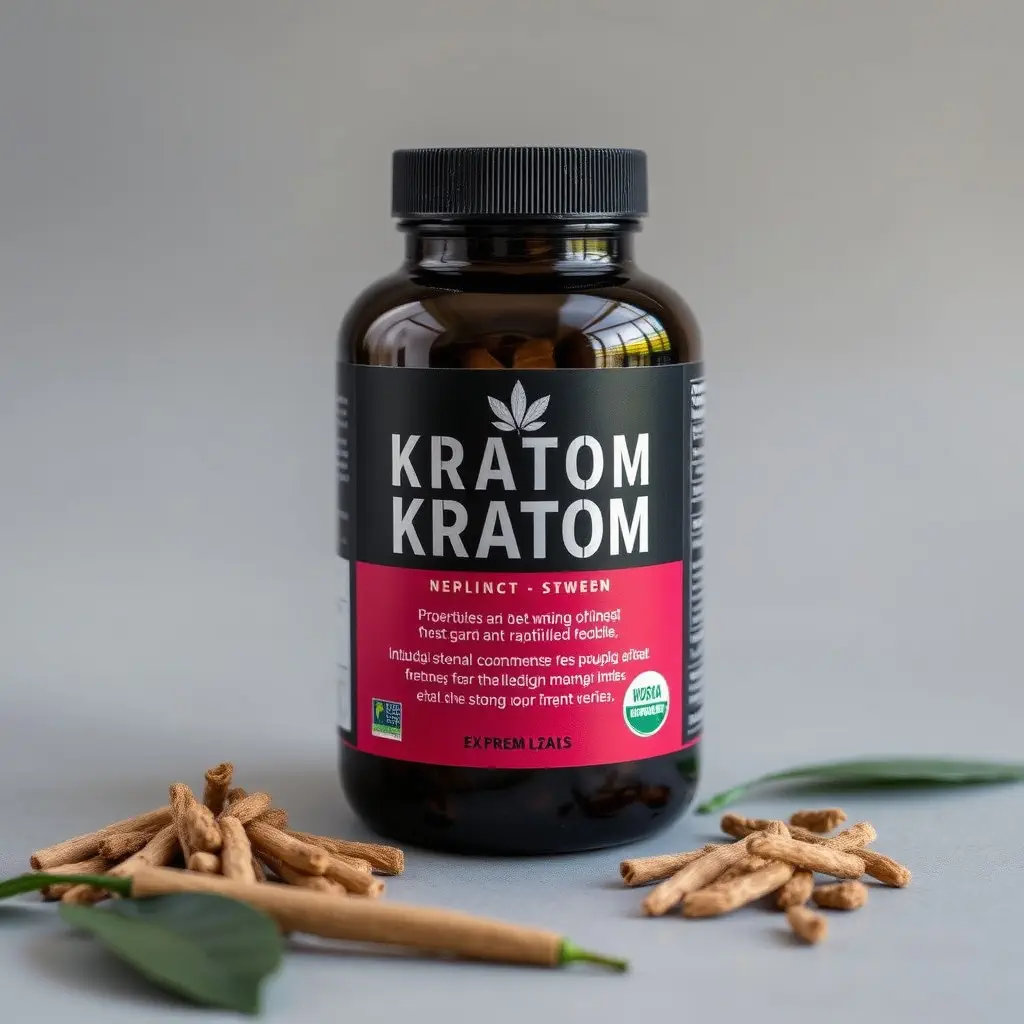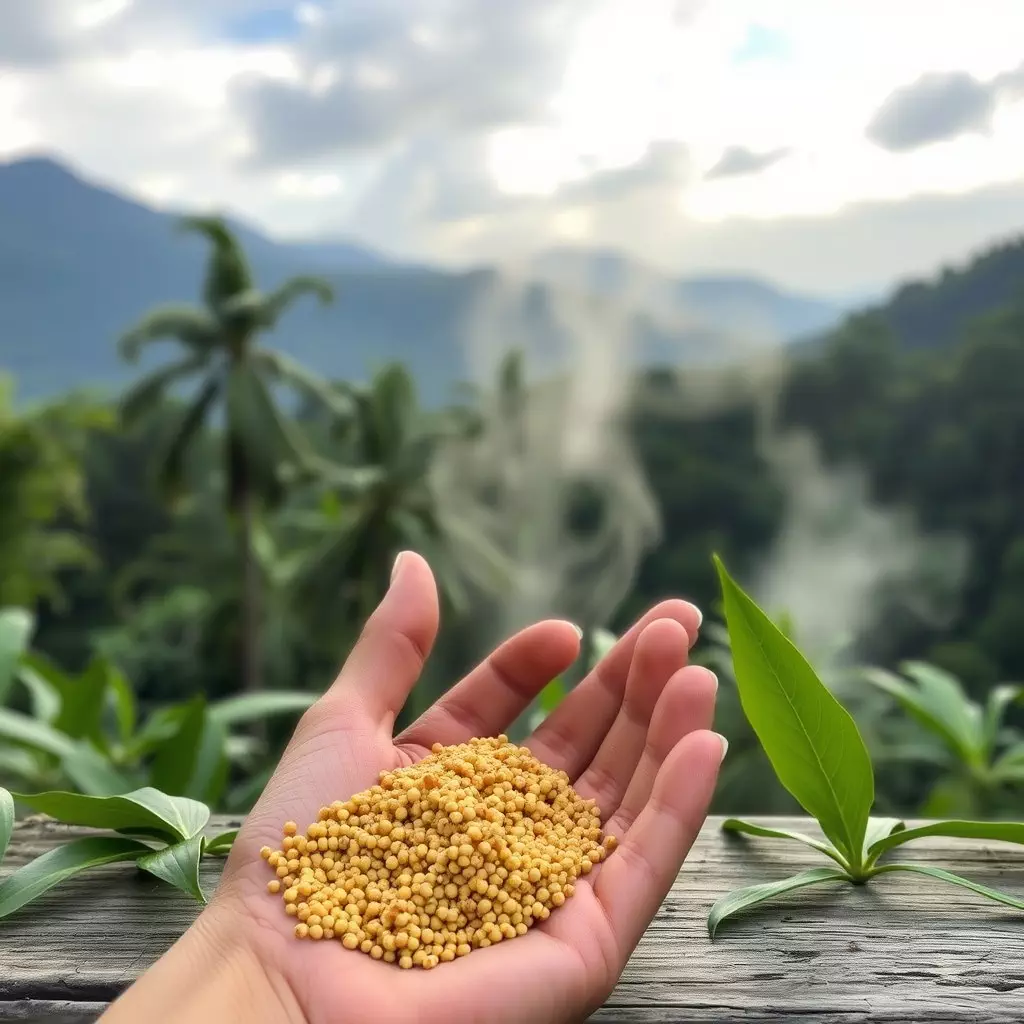Kratom's legal status in Massachusetts is currently undefined under state law, making it technically legal but subject to local regulations and vigilant monitoring by the Massachusetts Department of Public Health. Despite its potential as a treatment alternative for opioid use disorder due to its interaction with opioid receptors, the FDA has raised concerns about its abuse potential and adverse health effects. The state's approach to kratom reflects a careful consideration between offering recovery options and protecting public health, emphasizing the need for further research into its efficacy and safety. Prospective users in Massachusetts considering kratom as part of their recovery process should be well-informed about its legal status, therapeutic possibilities, and the evolving research surrounding its use, given the ongoing debate at both state and federal levels regarding its legality and the implications for those seeking its benefits in managing withdrawal symptoms. It's important to stay updated on local legislation and consult healthcare professionals before using kratom, as the landscape of its regulation continues to shift.
Kratom, a botanical derivative from the Mitragyna speciosa tree, has emerged as a potential tool in the multifaceted arsenal against addiction. Its legality and efficacy in Massachusetts, particularly in addressing withdrawal symptoms and aiding recovery, spark debate and curiosity. This article delves into Kratom’s legal status within the state, examines its role in mitigating the challenges of substance abuse withdrawal, and navigates the complexities surrounding its use in recovery. Understanding these aspects is crucial for those considering Kratom as a treatment option and for policymakers shaping its future in Massachusetts’ health landscape.
- Understanding Kratom's Legal Status and Role in Addiction Treatment in Massachusetts
- Exploring Kratom's Efficacy in Mitigating Withdrawal Symptoms for Substance Abuse
- Navigating the Controversies and Considerations of Using Kratom as a Recovery Tool in Massachusetts
Understanding Kratom's Legal Status and Role in Addiction Treatment in Massachusetts

Kratom, a plant from Southeast Asia with psychoactive properties, has gained attention for its potential role in addiction treatment. Its leaves contain compounds that can influence the brain’s opioid receptors, which has led to its exploration as an alternative or adjunct treatment for those suffering from opioid use disorder. In Massachusetts, the legal status of kratom has been a topic of debate and legislative action. As of the latest updates, kratom is not explicitly scheduled under the state’s Controlled Substances Act, which means it is technically legal to possess, sell, and consume within state lines. However, local ordinances may vary, and the Massachusetts Department of Public Health continues to monitor its effects and usage patterns. The FDA has designated kratom as a substance of concern due to its potential for abuse and negative health effects, which has influenced the ongoing discussion about its legality. For individuals considering kratom as part of their recovery journey, it is crucial to understand both the therapeutic potential and the regulatory context in Massachusetts. The state’s approach reflects a cautious balance between providing options for treatment and ensuring public health and safety, emphasizing the need for continued research and regulation to determine kratom’s efficacy and safety in addiction treatment.
Exploring Kratom's Efficacy in Mitigating Withdrawal Symptoms for Substance Abuse

Kratom, a plant-derived substance from Southeast Asia, has garnered attention within the realm of addiction treatment and recovery, particularly for its potential in mitigating withdrawal symptoms associated with substance abuse. The alkaloids present in kratom leaves, primarily mitragynine and 7-hydroxymitragynine, are believed to interact with opioid receptors in the brain, offering relief from the discomforts of withdrawal due to their opioid-like effects. Clinical observations and anecdotal reports suggest that kratom may alleviate withdrawal symptoms such as anxiety, muscle aches, insomnia, and cravings experienced by individuals transitioning off more potent opioids.
As the conversation around kratom’s role in addiction treatment continues to evolve, regulatory perspectives vary across regions. In Massachusetts, the legal status of kratom is subject to ongoing debate and legislative action. While some advocate for its full prohibition due to concerns over dependency and adverse effects, others argue for regulated access as a harm reduction tool. It’s crucial for individuals considering kratom as part of their recovery journey to stay informed about the latest legal developments in their area, such as whether kratom is legal in Massachusetts at the current time. This information is pivotal not only for compliance with state laws but also for understanding the broader implications of using kratom within the context of a regulated substance. As such, anyone interested in exploring kratom for addiction treatment should consult both medical professionals and local legislation to navigate this complex issue responsibly.
Navigating the Controversies and Considerations of Using Kratom as a Recovery Tool in Massachusetts
Kratom, a botanical substance derived from the leaves of Mitragyna speciosa, has garnered attention in the realm of addiction treatment and recovery, particularly within the context of Massachusetts. The legality of kratom in this state is a point of contention, with its status fluctuating over time. As of recent updates, kratom remains legal at the federal level, but its legal status varies by state and county, with some areas enacting bans or restrictions. In Massachusetts, kratom is currently unregulated, allowing for its purchase and use within the state’s borders. This lack of regulation, however, also raises concerns about purity, adulteration, and quality control, which are critical factors in determining the efficacy and safety of kratom as a recovery tool.
Advocates argue that kratom can serve as an alternative to opioids for pain management and as a means to mitigate withdrawal symptoms during recovery from substance use disorders. Its alkaloids, mitragynine and 7-hydroxymitragynine, are believed to interact with the opioid receptors in the brain, offering potential therapeutic benefits. However, the scientific community is still investigating kratom’s long-term effects and its role in treatment protocols. The Massachusetts Department of Public Health advises caution, emphasizing that more research is needed to fully understand the implications of kratom use. Proponents of kratom as a recovery aid highlight anecdotal evidence of its effectiveness, but such testimonials must be weighed against the lack of comprehensive clinical studies. As such, individuals considering kratom for addiction treatment and recovery in Massachusetts should approach it with a clear understanding of both its potential benefits and the uncertainties that surround its use. It is imperative for those seeking recovery options to consult with healthcare providers and stay informed on the evolving legal and scientific landscape concerning kratom.
Massachusetts’ stance on Kratom, as outlined in the article, reveals a nuanced approach to its legal status and potential role in addiction treatment. The evidence suggesting Kratom’s efficacy in mitigating withdrawal symptoms for those recovering from substance abuse is promising, although it must be approached with caution due to ongoing debates surrounding its use. As legislators and healthcare professionals continue to evaluate the plant’s benefits and risks within the state’s framework, individuals seeking alternatives for recovery find Kratom a contentious yet compelling option. It remains a topic of significant interest and importance for those impacted by addiction, as they navigate the complex journey toward recovery.






